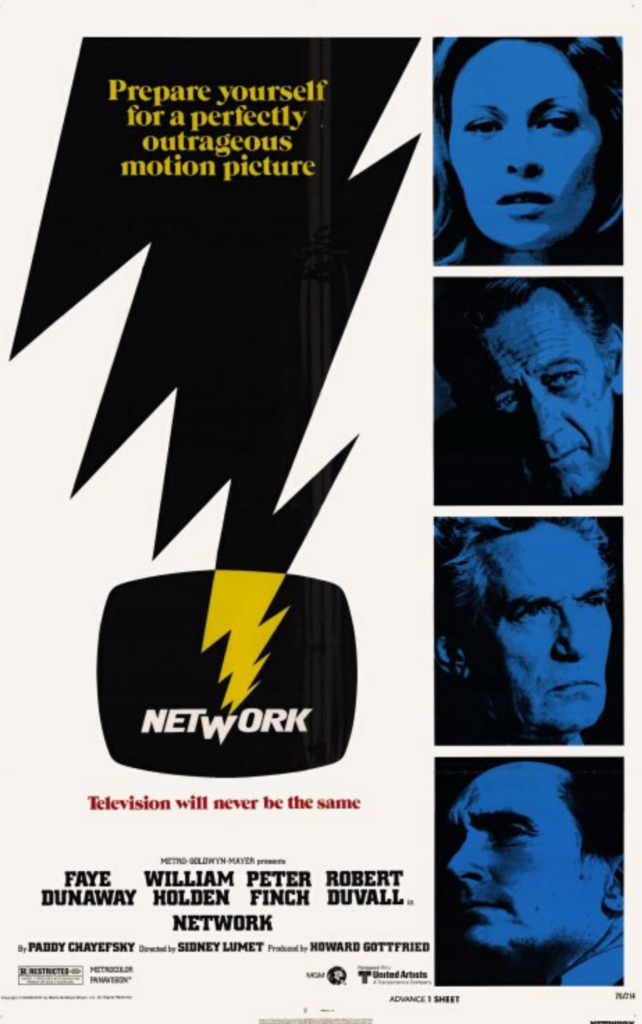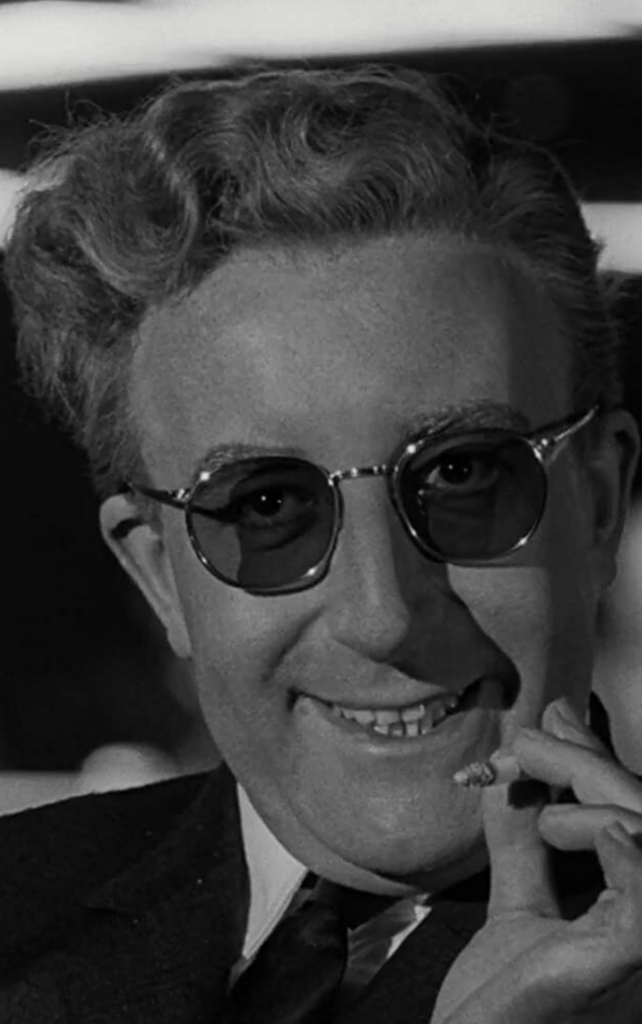A friend recently asked me where I had started with my novel, We Take Care of Our Own (coming out later this year on Montag Press), like what was my “way in.” I have deemed my answer interesting enough to share with you.
About ten years ago, I was listening in on an earnings call hosted by a for-profit hospital system based somewhere in the South. Like most people who don’t have a stake in the financial performance of the company in question, I found these calls to be staid, stodgy affairs, hosted by a female robot voice and overseen by a cadre of men of a certain age (and race), all desperate to spin the numbers into quantifiable evidence that everything is great, great, just great. There seems to be a strangely uniform dynamic that takes place during company earnings calls, the chief aspect of which is that there’s always one guy, usually the highest-ranking executive, slinging as much folksy bullshit as he can in order to maintain a cheerful tone, all the better to enhance the good news and downplay the bad. A kind of low-level kabuki is involved.
Anyway, I was listening to this hospital system’s earnings call when some journalist or analyst person asked one of the muckety-mucks a question about the company’s bed count, like which location had this many beds, and can we look forward to a bed count increase, depending on state approval, blah blah blah. The muckety-muck responded by explaining that the question ought not to be about the bed count but how many of those beds are filled. What followed was a discussion about local competitors, and marketing strategies, and I remember thinking how weird it seemed that people were discussing the prospect of filling hundreds of hospital beds without pointing out that such beds are typically filled with the sick and dying. (I’m sure that sounds terribly naive and more than a little self-righteous. Just because these people happened to be discussing healthcare in this hypercapitalist manner doesn’t make them bad people. It doesn’t mean they don’t care.) Then I thought it might be interesting to explore how a company, any company, a fictional company, might report its earnings, and how at some point the report might require the company’s executives to speak on lives lost and saved.
Because there’s nothing I find more fascinating in a book or movie or whatever than a group of people discussing the making or breaking of human lives in purely practical terms. Two movies that I think do it very, very well are Network (1976) and Dr. Strangelove or: How I Learned to Stop Worrying and Love the Bomb (1964).

Network
Both Network and Dr. Strangelove contain these fascinating scenes very near to their ends. The Network scene comes just after Max Schumacher (William Holden) leaves Diana Christensen (Faye Dunaway) to return to his wife. Incidentally, that breakup scene isn’t my favorite — it feels overwrought to me, what with Max comparing the end of this relationship to ABC’s “Movie of the Week”— but it does give Diana’s psyche the push it needs to recognize how assassinating Howard Beale (Peter Finch), on the air, could solve the problem of his recent ratings slump. Some lovely person uploaded the exact scene to YouTube, but I’ve included the exchange that makes the hairs on the back of my neck stand up:
CHRISTENSEN: It can be done… right on camera, in the studio. We ought to get a fantastic-looking audience for the assassination of Howard Beale as our opening show.
AMUNDSEN: Well, if Beale dies, what would our continuing obligation to the Beale Corporation be? I know our contract contains a buyout clause, triggered by his death or incapacity.
HACKETT: There must be a formula for the computation of the purchase price.
AMUNDSEN: Offhand, I think it was based on a multiple of 1975 earnings with the base period in 1975. I think it was 50 percent of salary, plus 25 percent of the first year’s profits, multiplied by the unexpired portion of the contract. I don’t think the show has any substantial syndication value, would you say, Diana?
CHRISTENSEN: Syndication profits are minimal.
CHANEY: We’re talking about a capital crime here. The network can’t be implicated.
You gotta love all the contractual mumbo-jumbo — Amundsen (Jerome Dempsey) claims his knowledge of Beale’s contract is “offhand,” but the language that follows is that of someone who’s combed through the contract’s fine print. Diana Christensen visualizes the spectacle of the assassination itself, but the group’s focus quickly shifts to the financial benefits of Beale’s death, superseding any discussion of the moral implications. It’s a rhetorical sleight of hand, replacing a problem that can only be expressed in abstract terms (the immorality of murder) with an opportunity that presents itself in quantifiable terms (formula for the computation of the purchase price). Not to out myself as a pinko, but this is exactly the kind of psychological Ju-Jitsu C-suite executives pull on their colleagues, and themselves, in a world where profit is positioned as not just the chief motive but the only motive.
I also love the last line here, since Nelson Chaney (Wesley Addy), the president of the network, had earlier in the movie been standing up for broadcasting ethics and journalistic integrity, saying things like, “I don’t fancy myself the president of a whorehouse.” But now, with murder presenting itself as the tidiest solution to the problem of Howard Beale, he points out the criminal nature of their idea only to highlight the legal ramifications. He’s the last domino to fall, and he falls oh so softly.
Strangelove
The comparable scene from Stanley Kubrick’s Dr. Strangelove is more cartoonishly depraved, though there are similarities between it and the one in Network. It begins with Dr. Strangelove (Peter Sellers), an ex-Nazi scientist rThe comparable scene from Stanley Kubrick’s Dr. Strangelove (1964) is more cartoonishly depraved, though there are similarities between it and the one in Network. It begins with Dr. Strangelove (Peter Sellers), an alien hand syndrome-suffering ex-Nazi scientist recruited by the U.S. after the end of World War II, sharing with President Muffley (Peter Sellers) his notion that the coming nuclear holocaust presents a unique opportunity. Again, some lovely person uploaded the scene to YouTube, but below is the exchange I’m particularly eager to highlight:
STRANGELOVE: Mr. President, I would not rule out the chance to preserve a nucleus of human specimens. It would be quite easy… At the bottom of some of our deeper mine shafts, the radioactivity would never penetrate a mine some thousands of feet deep. And, in a matter of weeks, sufficient improvements in dwelling space could easily be provided.
MUFFLEY: How long would you have to stay down there?
STRANGELOVE: Well, let’s see now… cobalt thorium G… radioactive half-life of… I would think that… possibly… one hundred years.
MUFFLEY: You mean people could actually stay down there for a hundred years?
STRANGELOVE: It would not be difficult, mein Führer! Nuclear reactors could… (laughs) I’m sorry, Mr. President… nuclear reactors could provide power almost indefinitely. Greenhouses could maintain plant life. Animals could be bred and slaughtered… a quick survey would have to be made of all the available mine sites in the country, but I would guess that dwelling space for several hundred thousands of our people could easily be provided.
MUFFLEY: Well, I would hate to have to decide who stays up and who goes down…
STRANGELOVE: Well, that would not be necessary, Mr. President. It could easily be accomplished with a computer. And a computer could be set and programmed to accept factors from youth, health, sexual fertility, intelligence, and a cross section of necessary skills. Of course, it would be absolutely vital that our top government and military men be included to foster and impart the required principles of leadership and tradition…
Naturally, they would breed prodigiously, eh? There would be much time and little to do. But… with the proper breeding techniques and a ratio of, say, ten females to each male, I would guess that they could then work their way back to the present gross national product within, say, twenty years.

Here, the players are discussing the effects of the annihilation of the known world, as opposed to the assassination of just one man, yet the basic quandary still involves the selection of who gets to live and who has to die, which, just like in Network, quickly becomes a discussion of implications, ramifications, of what happens after the immoral action comes to pass. (Actually, in this case, the action Strangelove proposes is not so much immoral as unconscionable. The world is going to blow up anyway; the first A-bomb has already been dropped. Still, only a deeply twisted personality responds to news of humanity’s imminent demise with reflections on “proper breeding techniques.”)
And again, we have a weak-kneed president, one who had hitherto prided himself on his moral clarity, giving in to consensus. As a matter of fact, President Muffley doesn’t even voice his approval of Strangelove’s mine shaft plan; his approval is assumed.
In this way, the depravity of the ensuing conversation is assumed and hence easily dismissed: Yes, the sudden deaths of untold millions is most unfortunate, and shame on us all for making it happen, but there may be an upside here. Strangelove supersedes all the woeful talk of the world ending not just by imagining an underground Playboy Mansion scenario but repeatedly reminding his listeners of the ease with which this scenario could become reality (“it would be quite easy,” “it would not be difficult,” “could easily be accomplished with a computer”).
In both scenes, it is the quantifiable tidiness of the immoral/unconscionable action that does not so much resolve the messy abstraction of the moral question as smother it.
How My Book Does It
In my novel, We Take Care of Our Own (coming out later this year on Montag Press), the earnings call is hosted by USoFA WorldWide, a “superconglomerate” made up of the largest military, technology, energy, and media providers in the United States that has recently seized management of the War on Terror from the Federal government, which has been deemed dysfunctional. Things start out nice enough, with formal presentations about expenditures and growth projections, but then when it comes time to discuss “War-related casualties,” the executives on the call begin striking poses similar to those of the executives in Network and the military brass in Dr. Strangelove. There is the shrugging acceptance of avoidable death, the discussion of what this means to the company and who might benefit, an imagined scenario wherein everyone stands to benefit (along with a generous allotment of folksy bullshit).
Unfortunately, a lot of this stuff had to be cut from the novel because it ran too long, but I did manage to condense it down to one or two paragraphs that I think imply all the vile little decisions that had to be made at every level in order for USoFA WorldWide to “reposition its portfolio” by “moving into faster growing War markets with a more favorable battle mix,” and continuing to “identify and integrate so-called ‘hot zones'” which are “adding value for our stockholders.” These edits were easily accomplished with a computer.